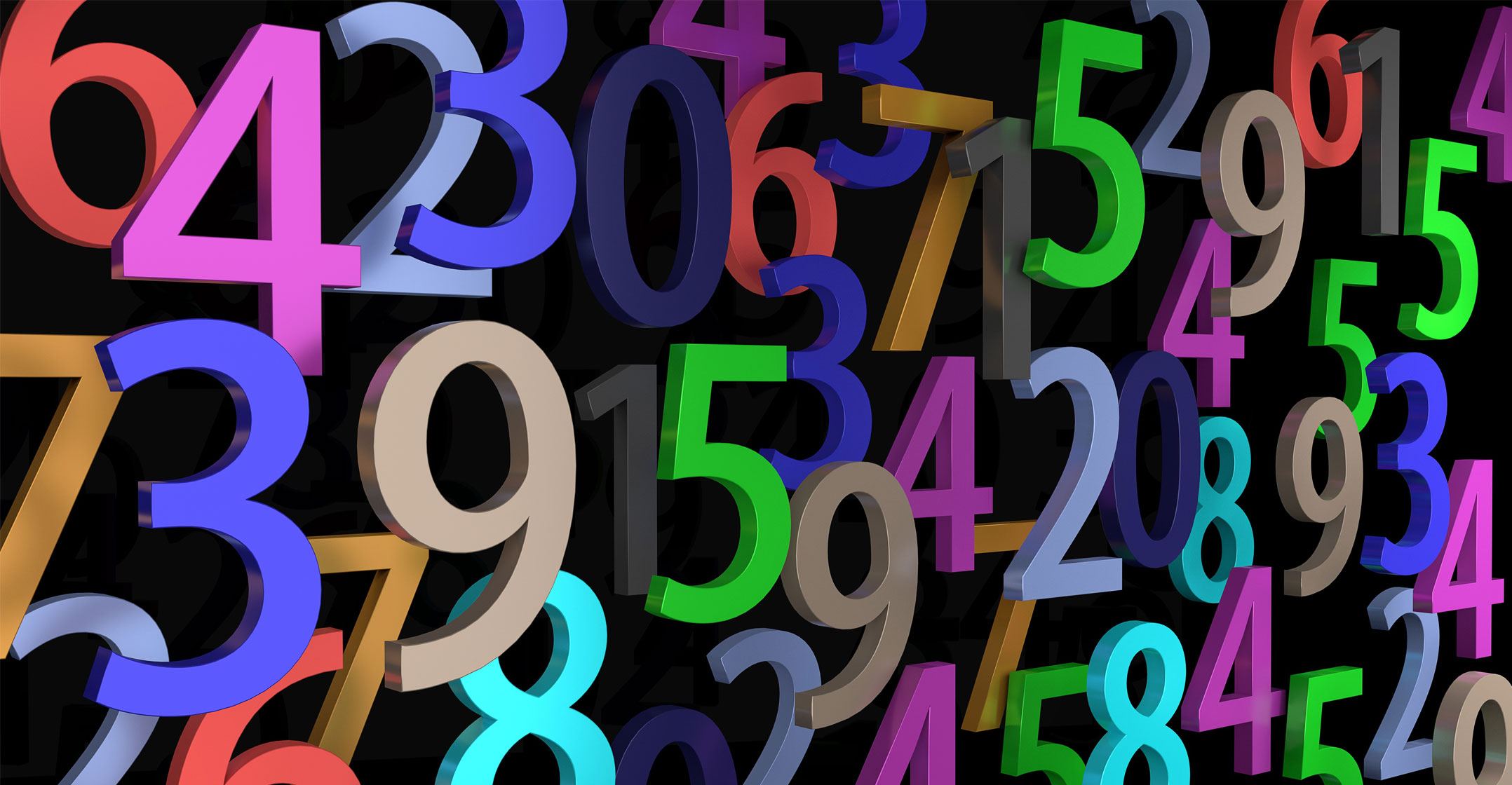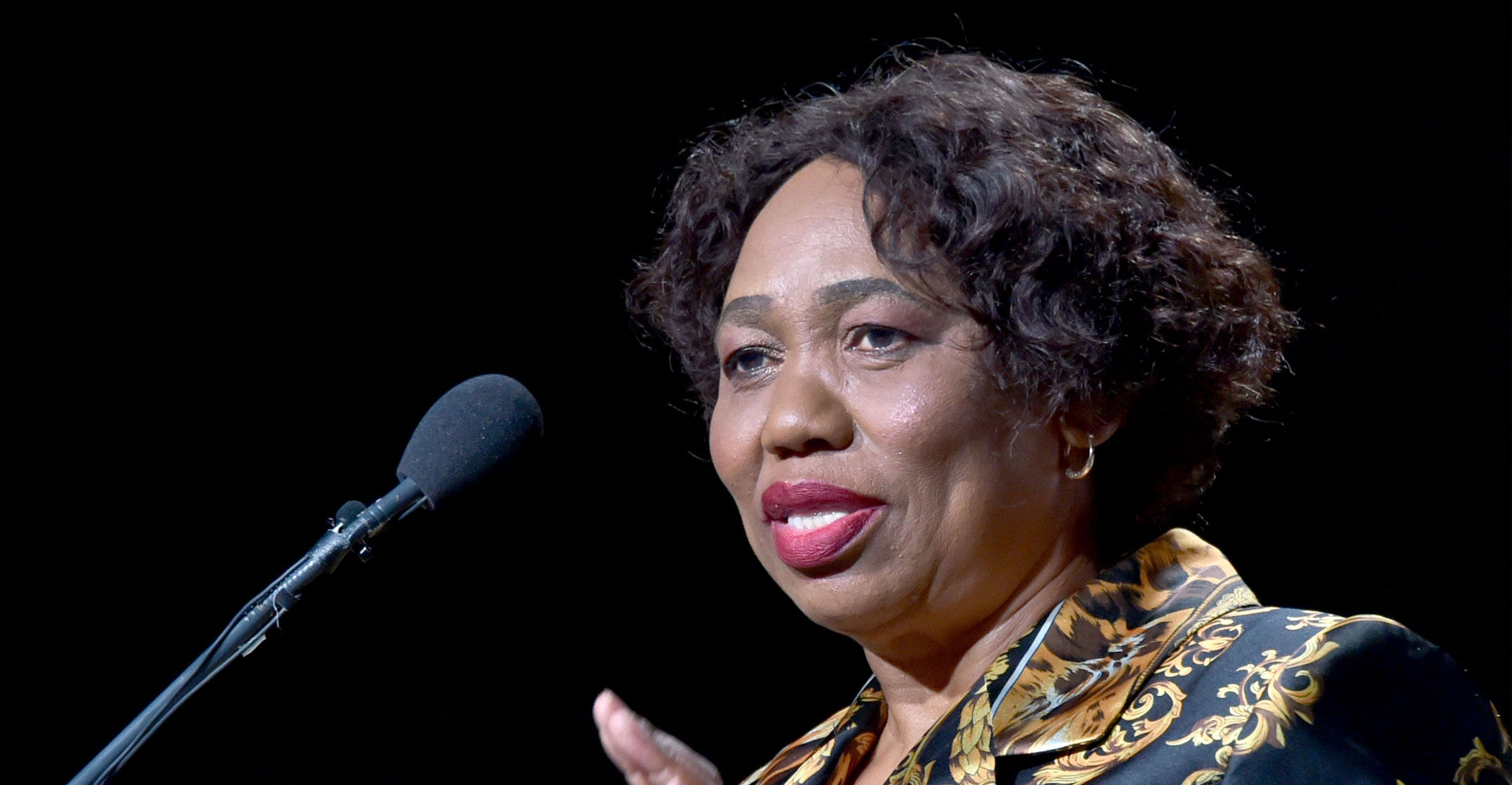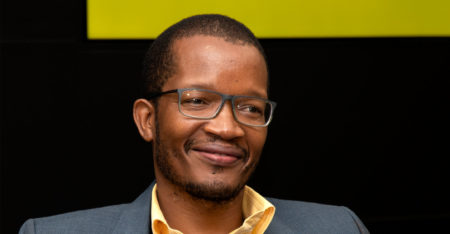 The department of basic education recently released the matric results for the class of 2019. About 81.3% of those who wrote the exams passed. There has been much well-deserved celebration of this achievement of the highest post-apartheid national matric pass rate.
The department of basic education recently released the matric results for the class of 2019. About 81.3% of those who wrote the exams passed. There has been much well-deserved celebration of this achievement of the highest post-apartheid national matric pass rate.
What the country is not hearing about from the minister, Angie Motshekga, is the drop in performance in mathematics. It is one of the “gateway” subjects, subjects which are considered critical for the country’s economic growth and development.
This decline can be measured in two ways. There is a reduction in the number of students writing mathematics from 270 516 in 2018 to 222 034 in 2019. The second measure is the performance: only 54% of the pupils who wrote the exam passed it. This pass rate is down from 58% in 2018. The minimum score for a pass is 30%. This means only 54% of mathematics exam candidates achieved a mark of at least 30%. Of all the maths candidates only 2% (4 415) achieved distinctions. A distinction is a score of 80-100%. This is down from 2.5% in 2018.
The drop in numbers of pupils writing the grade 12 mathematics exam should be of great concern. Performance in mathematics matters for university entrance. Without it, school leavers are not eligible for programmes at university in science or engineering or some in commerce. A decline signals the closing of the doors of opportunity in these fields to a growing number of students. This will only increase inequality. Economics researcher Nic Spaull’s research has shown that the top 200 high schools in the country produce 97% of the mathematics distinctions. Most of these schools charge significant fees.
The deterioration in performance is also of great concern. Getting a pass (30%) may secure a diploma or university entrance but these low pass marks will not prepare students to succeed at mathematics at university level.
Runs contrary
This development runs contrary to the needs of the fourth Industrial Revolution, which requires highly competent graduates in the science, technology, engineering and maths areas. Strong performance in mathematics is essential for careers in computing, programming, finance and machine learning.
Universities cannot absolve themselves of this national challenge. At the University of Cape Town data from the Courses Impeding Graduation project is being analysed to better understand incoming students’ challenges, specifically in courses like Mathematics 1.
In this course, a worrying pattern of performance emerged. A minimum mark of 70% for maths in matric is needed to get into Mathematics 1 at the university. Based on several years of data, an average of 33% of students fail this course. Those students who enter with a 90% mark for maths in matric score a pass in Mathematics 1 with an average mean of 64%. Those students who achieved between 80% and 89% in matric fail the course with an average mean of 47%. Those who achieved between 70% and 79% in matric fail with an average mean of 43%.

Unless a student achieved a distinction for mathematics at school level they are at risk of failing it at university level. Students who fail Mathematics 1 will inevitably take longer to complete their degree and are at higher risk of being excluded from the university.
The University of Cape Town is taking responsibility for its share in these dismal results. Several interventions have been put in place over recent years to provide additional support to students. These include “maths labs”, Saturday workshops, and even providing multilingual resources to support students who are not yet fluent in the medium of instruction.
Expert maths teachers have been appointed to lecture this challenging course. But the overall failure rates of approximately one third of the class have remained stubbornly in place. A decision was taken in 2019 to revise the Mathematics 1 curriculum to ensure a greater alignment between schooling and university curriculum.
This kind of curriculum review raises a number of complex issues: what is the appropriate content to ensure a relatively seamless transition from school maths to university maths? Do different disciplinary areas like actuarial science, chemistry and engineering need different kinds of mathematics courses? How can the pacing of the curriculum accommodate different learning needs? How can educational technology support innovative forms of teaching and learning mathematics? These are global issues, not unique to South Africa.
The national euphoria around the national pass rate means nothing if it hides problems such as declining mathematics performance.![]()
- Written by Suellen Shay, professor, University of Cape Town
- This article is republished from The Conversation under a Creative Commons licence




